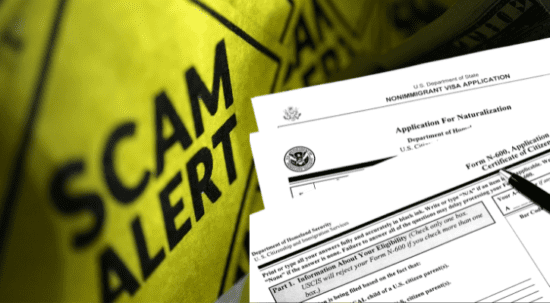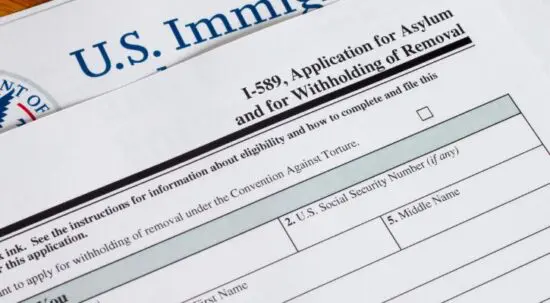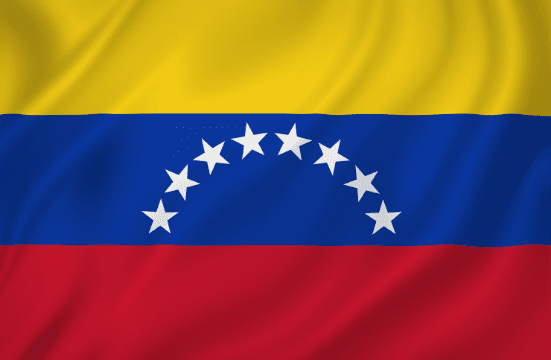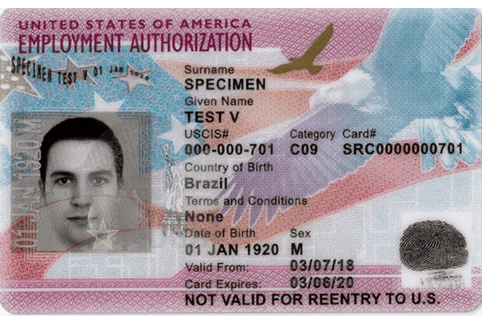Changes to CHNV processes
On March 25, 2025, the Department of Homeland Security (DHS) ended the Processes for Cubans, Haitians, Nicaraguans, and Venezuelans (CHNV) parole program. On April 14, a court temporarily stopped that plan.
However, on May 30, 2025, the Supreme Court overruled that court decision and decided to allow the Trump administration to end parole status for those here through CHNV processes. If you had parole status, it ended on May 30, 2025.
USCIS is sending notices by email or through your USCIS online account to tell you that your CHNV parole has ended.
Despite the Supreme Court’s ruling, this is still being contested further in the lower courts. This means that the courts are still deciding whether the decision to end the CHNV parole program was legal. The Supreme Court decision allows the program to end while the lower courts hear arguments from both sides and reach their decisions. After that process has concluded, the case will likely be heard again by the Supreme Court for a final determination on whether the decision to end the program was legal.
This process could take months or even years. During this time, current CHNV parolees will not have a legal immigration status and will be subject to deportation. For that reason, CHNV parolees should act now to seek another legal status, if qualified.
What this means for applicants
If you were hoping to come to the U.S. through this program:
- No new applications are being accepted.
- Any pending applications will not be processed.
- No new travel authorizations will be issued.
What this means for people with parole
If you are already in the U.S. with parole through this program:
- Your parole has ended. You are no longer allowed to stay in the U.S. under this status.
- Work permits and travel documents through parole status are no longer valid.
- If you have another legal way of staying in the U.S., you do not have to leave the country.
- If you are fighting your case in court or if you have an asylum application pending with USCIS, leaving the U.S. may end your case and make it harder to come back legally.
- Things could change again as this is reviewed and contested in the courts. Stay updated.
- The U.S. government plans to deport people who have lost parole status.
- A judge has temporarily stopped the government from quickly deporting people who entered the U.S. with humanitarian parole. This includes people who have been detained due to their loss of parole status.
- You should act now to seek another legal status if you qualify.

विश्वसनीय आप्रवासन वकिलहरू र कानुनी प्रतिनिधिहरूबाट नि:शुल्क वा कम लागतमा सहयोग कसरी प्राप्त गर्ने भनेर जान्नुहोस्।
How to prepare for your parole status ending
If you are currently in the U.S. with parole, we strongly recommend that you take action immediately:
- Get legal help. An immigration lawyer or legal representative can help you review your options. Many organizations and lawyers offer free or low-cost legal services.
- Apply for asylum if you qualify. It is free to file.
- If you have been in the U.S. for under 2 years, you may still be subject to expedited removal even with a pending asylum application.
- Check for information on Temporary Protected Status.
- Check if you are eligible for the Cuban Adjustment Act. If you are Cuban, you may be able to apply for a Green Card after being in the U.S. for one year.
- Know your rights with ICE and how to create a safety plan if you end up losing your legal status.
As of May 28, 2025, a court ruling now requires the U.S. government to resume processing applications for people with humanitarian parole. This includes work permits, asylum, TPS, adjustment of status, and re-parole. Find updates with the Justice Action Center.
USAHello बाट प्राप्त थप जानकारी
विशिष्ट जानकारी खोज्दै हुनुहुन्छ?
यस पेजमा भएको जानकारी Welcome.US, DHS, र अन्य विश्वसनीय स्रोतहरूबाट आएको हो। हामी सजिलै बुझ्न सकिने र नियमित रूपमा अद्यावधिक गरिने जानकारी प्रस्ताव गर्ने लक्ष्य राख्छौं। यो जानकारी कानुनी सल्लाह होइन।






